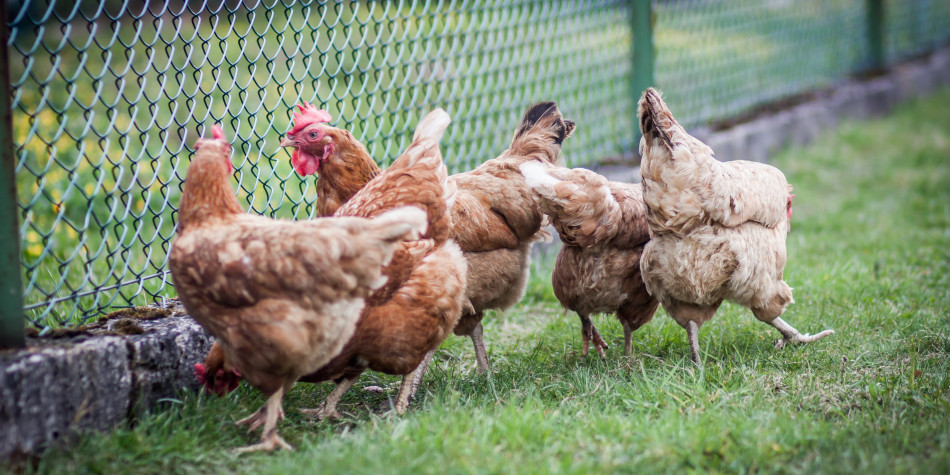
Prevention of infectious diseases by correcting the microbiota of farm animals with the help of probiotic drugs is one thing one of the most relevant areas of scientific research and development in animal husbandry. Scientists have been conducting research for several years, to find more effective means of prevention and therapy of bacterial infections.
Together with scientists from Slovenia, Permian microbiologists investigated the "killer" E. coli donor ZP – a genetically modified strain created on based on the well-known probiotic strain of E. coli Nissle 1917 by introducing the solE7-bacteriocin gene onto a conjugative plasmid. Supposed to, that the plasmid transfers the bacteriocin gene into the recipient cell, where its immediate transcription and synthesis of bacteriocin begins, which "kills"the recipient bacterium.
"The study of the biological properties of the strain showed that the bacteria have a moderate ability to adhere, expressed by antagonistic activity in in relation to a number of pathogenic and conditionally pathogenic bacteria, in addition, they are resistant to the action of biological fluids, safe, and grow productively on the main nutrient media and retain viability during storage, which meets the requirements for production probiotic strains",
– said Marina Kuznetsova, MD, a leading researcher at the Laboratory of Molecular Biotechnology of the PFIC Ural Branch of the Russian Academy of Sciences.
In the course of the work, experiments were carried out using animals whose diet included a probiotic in the optimal and exceeding concentrations. Studies have shown that the strain effectively colonizes the intestines of animals, remains there for a long time and does not have depressing effects on indicators characterizing the state of the main parts of the immune system of rats and poultry. All this data They allowed us to recommend the E. coli ZP strain for the production of new, monovariant or combined probiotic drugs.
The research corresponds to the priority scientific and technological project "Innovative chemical, medical and pharmaceutical technologies" Perm REC.


